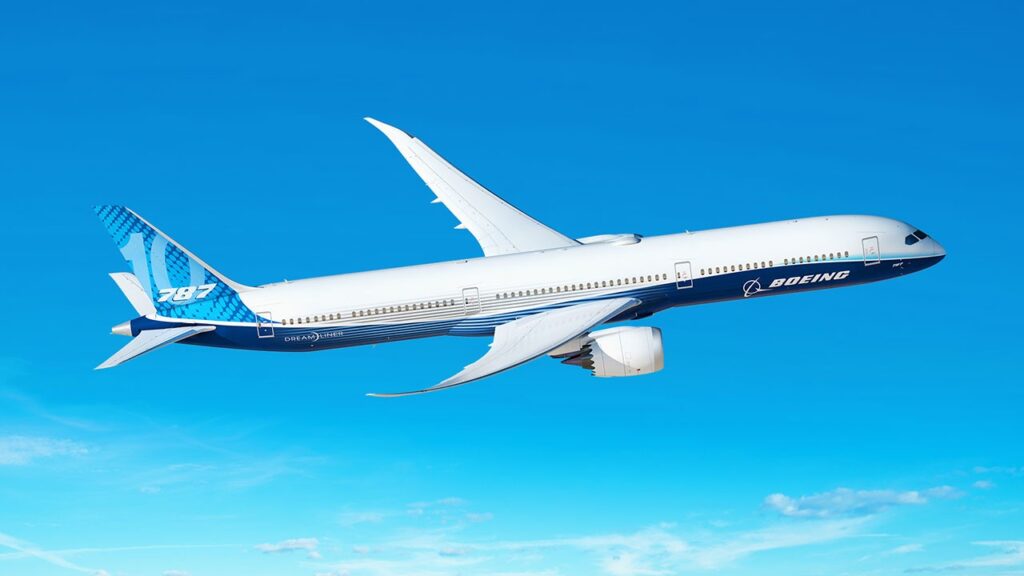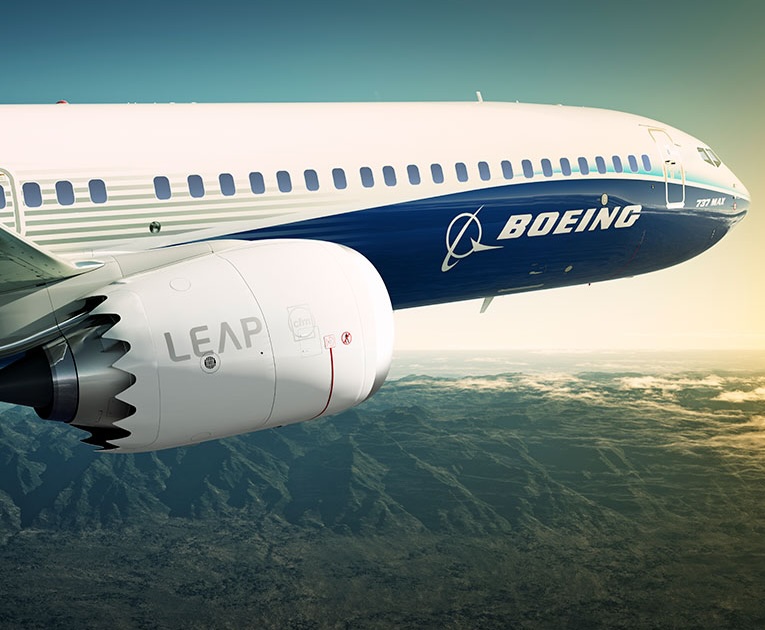Advertiser & Editorial Disclosure: The Bulkhead Seat earns an affiliate commission for anyone approved through the links below. This compensation may impact how and where links appear on this site. We work to provide the best publicly available offers to our readers. We frequently update them, but this site does not include all available offers. Opinions, reviews, analyses & recommendations are the author’s alone, and have not been reviewed, endorsed, or approved by any of these entities.
Boeing has not had an easy road in 2024 and an ongoing machinists’ strike is now going to cause the company to cut 17,000 jobs and delay the launch of the 777X until 2026. The strike has been ongoing for around a month and an agreement looks no closer than it did at the start. With the latest delays in production, certification, and more, the 777X launch will arrive around six years late and Boeing will also will stop making commercial 767 freighters in 2027 after its existing orders are fulfilled.
The year started with Alaska Airlines flight AS1282 from Portland International Airport (PDX) to Ontario International Airport (ONT) that was forced to return shortly after takeoff when its rear mid-cabin exit door separated. The dramatic scene saw a large section of the airplane’s fuselage missing while passengers’ phones and even a teenager’s shirt got sucked out of the opening. It continued with Boeing pleading guilty to criminal fraud charges around the 737 MAX and two related crashes in Ethiopia and Indonesia according to the Department of Justice (DOJ). As part of its guilty plea in the US District Court in Texas, Boeing will pay $487.2 million in penalties and $455 million over a three-year period to improve its compliance and safety programs according to Axios.

Aircraft deliveries have been delayed and confidence in Boeing has been shaken this year. CEO, Kelly Ortberg, said:
Our business is in a difficult position, and it is hard to overstate the challenges we face together. Beyond navigating our current environment, restoring our company requires tough decisions and we will have to make structural changes to ensure we can stay competitive and deliver for our customers over the long term.”
Ortberg has only been CEO for around two months, but these drastic measures will be necessary to maintain Boeing’s commercial viability. Safety and manufacturing crises have largely been resolved, but the labor strike is still ongoing. CNBC reports that Boeing is losing more than $1 billion a month from the strike, which began on September 13th (according to S&P Global Ratings). Boeing filed an unfair labor practice charge with the National Labor Relations Board that accused the International Association of Machinists and Aerospace Workers of negotiating in bad faith and misrepresenting the company’s proposals.
Anthony’s Take: Job cuts are coming over the next several months and hopefully a resolution will also be reached with the union representing the machinists. Boeing needs this resolution to happen quickly as delivery timelines continue to slip and the costs are astronomical.
(Image Credits: Boeing.)
User Generated Content Disclosure: The Bulkhead Seat encourages constructive discussions, comments, and questions. Responses are not provided by or commissioned by any bank advertisers. These responses have not been reviewed, approved, or endorsed by the bank advertiser. It is not the responsibility of the bank advertiser to respond to comments.
Advertiser & Editorial Disclosure: The Bulkhead Seat earns an affiliate commission for anyone approved through the links above This compensation may impact how and where links appear on this site. We work to provide the best publicly available offers to our readers. We frequently update them, but this site does not include all available offers. Opinions, reviews, analyses & recommendations are the author’s alone, and have not been reviewed, endorsed, or approved by any of these entities.

1 comment
Karma is really biting Boeing in the ass right now. I’m torn between schadenfreude and sadness that such a magnificent company made so very, very many self-inflicted mistakes when McDonnell Douglas management started intentionally destroying the company without considering the long term repercussions. Paying the mechanics a fair wage and getting back to building (hopefully safe) planes would be a good start to turning things around. Pissed off workers making a crappy product for mediocre-at-best wages are unlikely to turn out a quality product in good time.